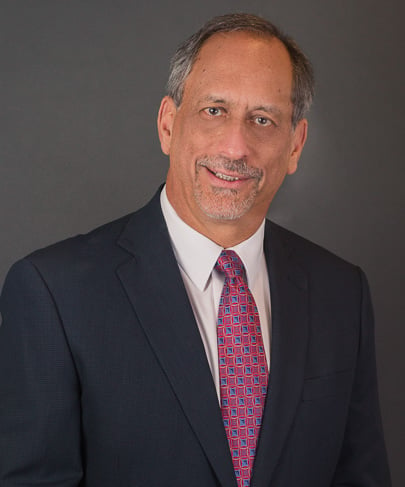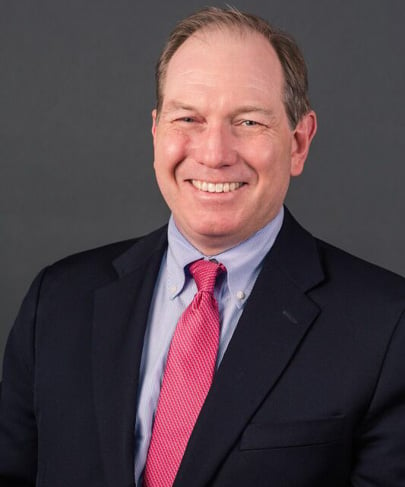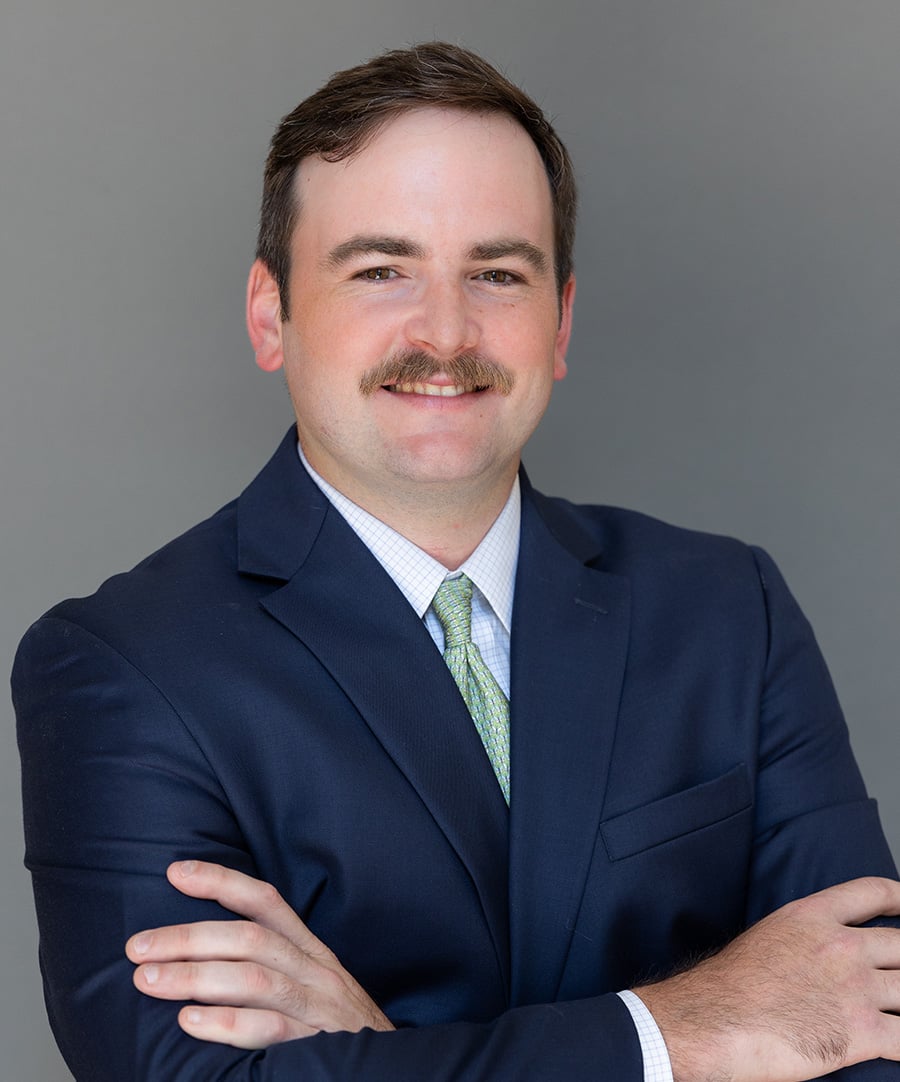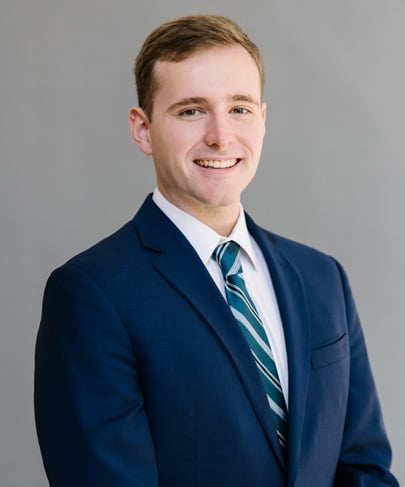Suspicious Minds: Protecting Tennessee Artists from Generative AI
DOWNLOAD PDFClick “Subscribe Now” to get attorney insights on the latest developments in a range of services and industries.
Effective July 1, 2024, a revolutionary new law will protect Tennessee artists and musicians from unethical uses of Artificial Intelligence (“AI”). The unprecedented Ensuring Likeness Voice and Image Security (“ELVIS”) Act greatly expands the reach of Tennessee’s Protection of Personal Rights law by creating an enforceable property right in a person’s “name, photograph, voice, or likeness.” The Tennessee General Assembly passed the ELVIS Act unanimously in response to the growing threat of AI in the music industry. Tennessee is the first state in the nation to add voice protections to its existing state restrictions on the unauthorized use of an individual’s likeness. This is not a surprise, as Tennessee is known for its rich and diverse musical culture and artistic heritage. The State Capitol sits in the heart of “Music City,” and the music industry contributes $5.8 billion to Tennessee’s GDP and supports more than 60,000 jobs and 4,500 music venues across the state.
In the spring of 2023, a viral AI-made song mimicking the voices of rappers Drake and The Weeknd received millions of streams on music platforms, alarming the music industry and spurring the Tennessee General Assembly to begin expanding protection for individuals against the unauthorized use of AI technology. While the utilization of background AI in music production is not a new phenomenon, the ELVIS Act was created in response to the emergence of generative AI, which is capable of producing original content mimicking famous artists and individuals. Generative AI involves language models that are “trained” by the input of large amounts of public domain material and licensed content. Once trained, the model is capable of producing original compositions imitating the online content. As generative AI has increased in sophistication, it has spawned a plethora of issues in the music industry, especially relating to songwriter compensation, intellectual property, and copyrights.
The ELVIS Act seeks to reign in the increasing volatility of the generative AI landscape by prohibiting people from using AI to mimic a person’s voice without permission. First, the ELVIS Act expands existing law to prohibit unauthorized commercial use of an individual’s voice, in addition to the existing restrictions on an individual’s name, image, and likeness. Under ELVIS, the definition of “voice” includes “a sound in a medium that is readily identifiable and attributable to a particular individual, regardless of whether the sound contains the actual voice or a simulation of the voice of the individual.” Liability under this expansive definition may extend not only to existing voice recordings and digitally generated content approximating an individual voice but also to humans who can imitate other artists (i.e., “cover bands”).
Second, the Act also creates liability for making available or distributing “an algorithm, software, tool, or other technology, service, or device, the primary purpose or function of which is the production of an individual’s photograph, voice, or likeness” without permission. Although “primary purpose or function” remains undefined within the Act, it is clear this provision targets developers of generative AI by creating liability for those who create or provide mediums to facilitate the unauthorized use of an individual’s likeness. Offenders should be aware that any violation of the ELVIS Act may be criminally enforced as a Class A misdemeanor, and furthermore, the Act authorizes civil action against any offender.
Other states, such as New York and Louisiana, have passed laws recognizing a person’s identity as a descendible, assignable, and licensable property. States, including Wisconsin, Virginia, Texas, and California, have recently introduced legislation requiring disclosure of AI-generated content and protecting against digital replication. Tennessee’s ELVIS Act is unique, however, in that it extends beyond the state line and offers this protection to anyone “living or dead,” no matter where the individual resides or where the violation occurs. Furthermore, where most states distinguish between publicity rights and those rights related to AI-generated content, the ELVIS Act combines these rights and protects against misuse “in any medium, in any manner.”
On a federal level, AI-generated content alone is not copyrightable. There have been, however, growing calls on the federal government to take action on the generative AI front. Based on concerns that the continued passage of state-level AI laws will create an inconsistent patchwork of publicity rights negatively affecting business efficiencies and fundamental freedoms, some organizations such as the International Trademark Association and American Bar Association have petitioned Congress to create a federal right of publicity. The ELVIS Act demonstrates the direction that federal law may soon take to protect individuals against the misuse of AI.
Congress is currently discussing two bills that would establish publicity as a federal right. The Senate’s Nurture Originals, Foster Art, and Keep Entertainment Safe (“NO FAKES”) Act would specifically prevent the unauthorized digital replicas of individuals’ names, faces, and voices. Similarly, the House’s No Artificial Intelligence Fake Replicas And Unauthorized Duplications (“No AI FRAUD”) Act seeks to establish a framework at the federal level to protect against “personalized closing services” and unauthorized “digital voice replica or digital depiction[s]” in interstate or foreign commerce.
It is difficult to apprehend the practical limitations of the ELVIS Act or any federal legislation. Because of its expansive approach, the ELVIS Act presents extraterritoriality, jurisdictional, and sovereignty issues. Although it contains a carve-out for the “fair use” of an individual’s voice or likeness for criticism, scholarship, satire, or parody, the Act will undoubtedly be subject to further First Amendment scrutiny given its potentially significant impact on free speech interests. The language of the Act is written incredibly broadly, and, as noted above, it could arguably be construed to apply to cover bands and other imitative performances. Furthermore, federal copyright law expressly preempts state laws that attempt to create rights that are equivalent to any exclusive rights within the general scope of copyright. Until Congress passes legislation delineating the boundaries of the right of publicity, it is clear that the practical scope of the ELVIS Act and other similar legislation remains to be determined by the courts.
Related Practices
Recent Insights
- February 17, 2025 In the News Daniel Waldman's article, "Want to thrive in the era of legal AI?" was recently published by Precedent Magazine.
- October 10, 2024 In the News Inbound Logistics published Tripp Lake's article titled, "Protecting Supply Chain Trade Secrets."
- October 04, 2024 Media Mentions John Cunningham was recently quoted in the American Banker article, "How the killing of California's AI bill could affect banks."
- September 30, 2024 Media Mentions Sara Jodka was quoted in the Wired Magazine article, "The US Needs Deepfake Porn Laws. These States Are Leading the Way."
- September 13, 2024 Media Mentions Greg Ewing was recently quoted in the American Banker article, "AI use in customer service faces legal challenges that could hit banks,”
- July 25, 2024 Podcasts DW FastTrack Episode 10: "Generative AI: Look Before You Jump" with Lance Anderson and Lael Andara
- July 16, 2024 Industry Alerts AI in Political Advertising
- March 20, 2024 In the News K. Lance Anderson, Benton Bodamer, and Andrew Robie’s article, “At the Intersection of Law and Technology: Navigating Generative AI in the Legal Industry Part 2,” was published in Texas Lawyer.
- December 4, 2023 In the News Tripp Lake Joins Dickinson Wright Denver Office as a Member





